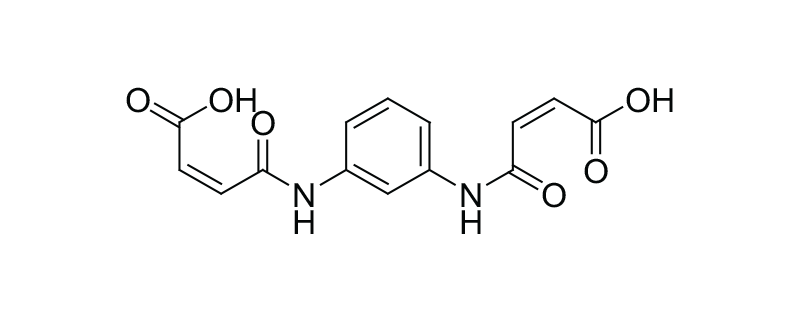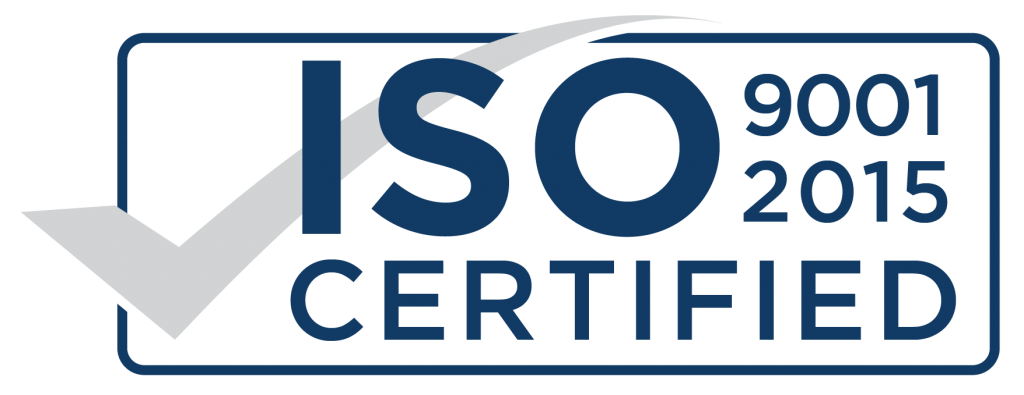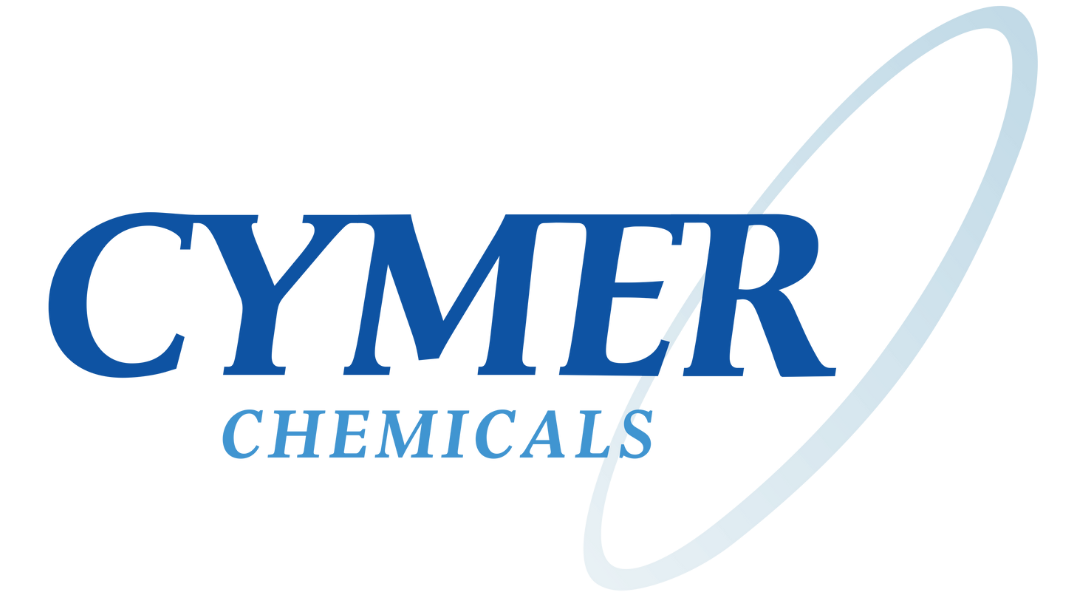Download Documentation
N,N’-m-Phenylene bismaleamic acid TDS
N,N’-m-Phenylene bismaleamic acid SDS
Request a Sample
Specifications
Specifications


ISO 9001:2015 is a globally recognized standard for quality management systems. It is a framework encompassing all aspects of business operations, from leadership and planning to support and performance evaluation. ISO 9001:2015 certified through DQS; BR#: 10016110 QM15.

Ask us about our Reach certification status
Specifications
REACH (Registration, Evaluation, Authorization, and Restriction of Chemicals) compliance is for the manufacturers and importers of chemicals in the EU. Ask us if this chemical complies with regulations and is registered with the European Chemicals Agency (ECHA), which aims to ensure a high level of protection of human health and the environment against harmful substances.

N,N’-m-Phenylene bismaleamic acid Product Properties
- CAS #
3006-93-7
- EC #
217-468-9
- Formula
C14H8N2O4
- Formula Weight
139.15 g/mol
- Appearance
White Powder OR Colorless Crystalline
- Physical State
Solid
- Categories
Rubber Vulcanizing agent and Adhesives additive rubber vulcanizing agent; rubber crosslinking agent
- Alternative Names
hva2
m-phdm
1,3-PDM;VANAX MBM
1,1′-(1,3;ON61250000
AKOS MSC-0044
hva-2curingagent
m-Dimaleimidobenzene
N,N’-m-phenylene bis

N,N'-m-Phenylene bismaleimide (BMI) is a versatile chemical used in rubber vulcanization and as an adhesive additive. When added to rubber compounds, BMI reacts with the rubber chains to form cross-links, which improves the mechanical properties of the rubber, such as its strength, durability, and heat resistance. Additionally, when combined with sulfur, BMI can prevent reversion, which improves the heat resistance and reduces heat and anti-aging of the rubber. It also improves the adhesion of the rubber and tire cord and vulcanized rubber modulus. PDM, another non-sulfur vulcanizing agent, can solve copper wire and copper electrical contacts' pollution problems caused by sulfur vulcanizing agents' black copper sulfide generation.
N,N'-m-Phenylene Bismaleimide (or BMI) is a commonly used cross-linking agent for rubber vulcanization. When added to rubber compounds, BMI reacts with the rubber chains to form cross-links, which improves the mechanical properties of the rubber, such as its strength, durability, and heat resistance. BMI is also an adhesive additive in rubber compounds, improving the adhesion between rubber and other materials, such as metal or plastic.
N,N'-1,3-Phenylene Bismaleimide and sulfur coordination prevent reversion to improve the heat resistance, reduce heat, anti-aging, and improve adhesion of the rubber and tire cord and vulcanized rubber modulus.PDM is a non-sulfur vulcanizing agents that solve copper wire and copper electrical contacts because of sulfur vulcanizing agent to generate black copper sulfide pollution problems.
N,N'-m-Phenylene Bismaleimide (BMI) is a chemical that should be handled carefully. Some safety requirements should be followed when handling this chemical:
- Personal protective equipment (PPE), including gloves, goggles, and a lab coat or apron, should be worn.
- The chemical should only be handled in a well-ventilated area to avoid inhalation of fumes.
- BMI should be stored in a cool, dry, and well-ventilated area, away from heat sources and incompatible materials.
- BMI should not be ingested or brought into contact with skin or eyes. If skin or eye contact occurs, the affected area should be flushed with water for at least 15 minutes and medical attention should be sought immediately.
- Spills of BMI should be cleaned up immediately, using appropriate protective equipment and following proper disposal procedures.
- BMI should only be handled by trained personnel familiar with the chemical's properties and safe handling practices.
It is important always to follow the safety data sheet (SDS) and any other safety guidelines when handling this or any other chemical.

